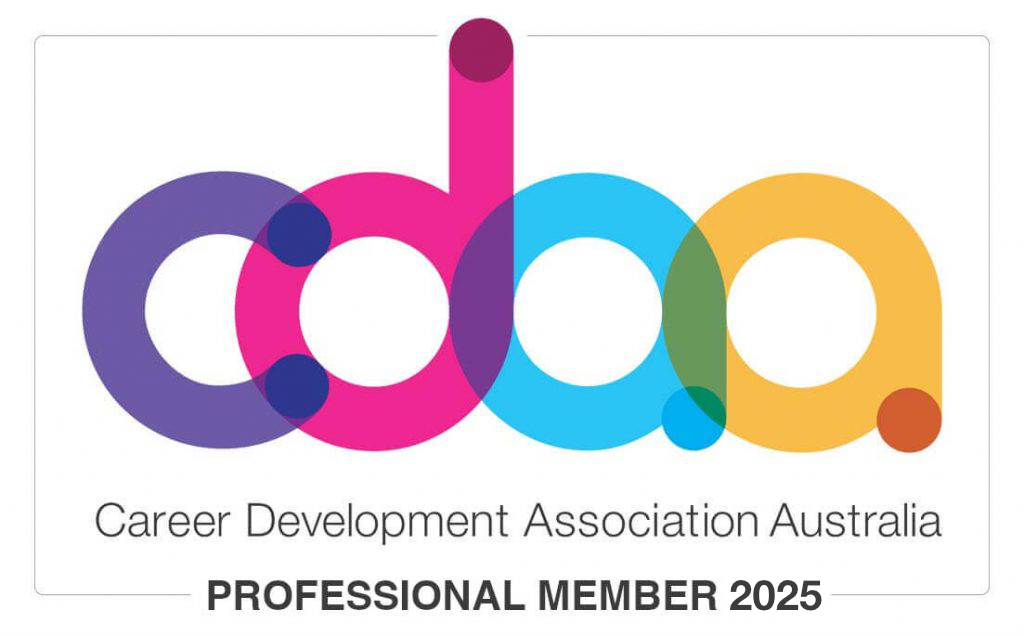HOW TO HELP YOUR CHILD MAKE THE MOST OF UNIVERSITY OPEN DAYS
This blog was published by the Victorian Independent Schools Association on their parents website in 2016. It was updated in June 2018.
It is that time of year again. University Open Day season across Melbourne
Parents , I am sure, like me, you are looking forward to your teenager enthusiastically sharing with you their planned subject choices and career aspirations, welcoming the prospect of spending quality time together on campus enjoying Open Days. Back to reality. Having provided advice to prospective students at more University Open Days than I care to remember, here are a few tips aimed primarily at local secondary students looking to study undergraduate courses. They might help you and your teenager make the most of attending Open Days.
Be informed. Research prospective study courses beforehand.
Don’t visit all University Open Days in Melbourne. You will be overwhelmed, let alone your teenager. Pick a few keeping in mind the breadth of courses offered, your child’s preferences, proximity to transport, fees, suitability, size and so on. Hone in your search and you might just be able to visit a couple of campuses in one day and feel productive.
Together with your teenager (ideally!), make a list of the faculties/schools you would like to visit and jot down some questions you’d like answered that are not available online.
Online University Open Day schedules and Open Day Apps are terrific, often interactive and for the geographically challenged, priceless. Pay particular attention to the timing of presentations from academic course directors, current students and alumni, careers staff, sample lectures/classes, practical activities in action and so on.
Bring your teenager into the picture. Some secondary students would prefer you stay at home. They would rather attend with friends or on their own. Great, just encourage them to do some research and prepare useful questions prior to attending.
If attending with your child, encourage them (if appropriate) to take some ownership and speak directly to staff and current students. It is about their future, not yours. Having said this, don’t be reluctant to ask questions at the information lectures. Like mine, your child will survive the embarrassment and chances are other students and parents will have similar questions.
Be mindful of changes. They are ongoing in the University sector with new courses introduced yearly, the occasional opening of new facilities, new scholarships, new course combinations and occasionally the phasing out of certain courses or changes in entry criteria. Developments can equate to opportunity for prospective students. I have seen more than a few students who wished they had re-visited a campus/ course they’d dismissed a few years earlier.
Remove the pressure. Many secondary school students are understandably overwhelmed by the career choices available. The thought of “choosing” their future career at 15 or 16 is confronting and in many respects, unnecessary. As parents or guardians, we should remember that this generation of adolescents can expect to have several careers throughout their working lives, with some adopting work arrangements we’d have not thought possible and embarking on careers not invented yet, especially in the STEM fields. We need to reassure young people that it is perfectly fine, arguably advantageous, to have multiple interests and skills. With the increasing popularity of double degrees and professional graduate degrees, opportunities abound for students to develop their interests and skills whilst studying and/or working. Yes, it is prudent to be aware of occupations where there are skill shortages and sectors/skill combinations earmarked for future growth, though this is only part of the equation.
This is just the start of their journey and we should be mindful that looking ahead, the skills most sought after will be transferable across sectors and not necessarily occupation focused, for instance, critical problem solving, team work, communication skills, intuition, creativity and adaptability, data analysis and importantly – curiosity.
The campus experience matters. Remind your teenager that they are attending Open Days to get a feel for a campus and University life in general, not simply what courses are currently available. Check out the clubs and societies, camps, sport facilities and so on. They don’t have to select their course preferences on Open Day and learning what they don’t like and rather like, will help narrow the search.
Open Days arguably put the hard work of studying at school into perspective for many secondary school students, especially year 12 students.
Ask questions. Engage with current students, alumni, course directors and faculty staff. In my experience, the students wearing colourful Open Day tops handing out balloons and taking faculty “building tours” are a terrific resource, as are recent graduates. Why not ask them what they do/do not enjoy about the course, their future career/study plans, what they like about life on campus. As a parent, I would also be interested in knowing what support is offered to students by way of study help, counselling, disability support, careers assistance, library resources, student employment, security on campus, accommodation options (if relevant) and so on.
If you see any academic course directors or faculty career advisers on your travels, grab them for a chat as they will be well placed to answer many important questions.
Uncover the important details (just to list a few)
What are the current course entry requirements, prerequisite subjects, contact hours and the like? Is the course offered on multiple campuses?
What are the typical career outcomes for the program(s) and what flexibility is there to change specializations within the course, change study load from full time to part time?
Is graduate employment data available for the course? Is demand for the occupation likely to be steady and/or increase or decline? Where are the likely future opportunities?
Does the degree include work integrated learning – placements, internship programs, mentoring? This really adds value.
Is the course accredited with relevant industry bodies or in the process of being? The websites of professional industry bodies are also a great career resource.
What are the alternate study pathways for entry into the course?This might include TAFE, competing some University single subjects and so on.
What options exist for double degrees, transfers between similar courses, postgraduate study options?
Remember ATARs are indicative only and subject to change. The ranking is often based on supply and demand and not necessarily how academically challenging the course is (with some notable exceptions). Your child’s estimated ATAR range should not form the basis of their career exploration. Indeed, I am increasingly hearing of students as young as 14/15 using online “ATAR calculators” to predict their “ranking” and then limiting themselves to looking at occupations/courses within this range at specific Universities. Quite apart from being problematic on many fronts, students frequently misunderstand how the ATAR is calculated and scaled, the impact of bonuses and special consideration etc. They may also be denying themselves the opportunity to explore a more diverse range of career interests.
Certainly be realistic when assessing courses , particularly subject prerequisites, though do remind your child that their ATAR score does NOT define them and alternate pathways to their preferred career(s) are often possible, so encourage them to think broadly initially. Read more about my thoughts on ATAR results here.
Ultimately, University study is only part of the picture. The TAFE sector, for instance, provides students with options from vocational training through to more academic offerings. Keep in mind that in Victoria, from 2019, some TAFE courses will be free. They are also a clear pathways to University study in many study fields.
When Open Days have finished, your child might need to revisit their VCE subject choices, secondary school study path or tertiary course preferences in consultation with their teachers and ideally a careers professional.
Have fun. Make the most of University Open Days. I will be traipsing along for the ride again – with my parent hat on.
Helen Green, Director, Career Confident
Helen is a qualified careers consultant and professional member of the Career Development Association of Australia. She has over two decades’ experience working in senior education and career program management roles, particularly within the tertiary sector where she has assisted many students. She now runs her own careers consulting practice in the SE suburbs of Melbourne where she helps many secondary and tertiary students and adults. She has two teenage children.







